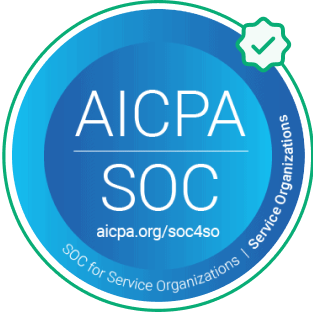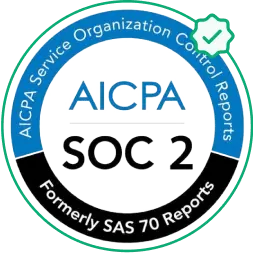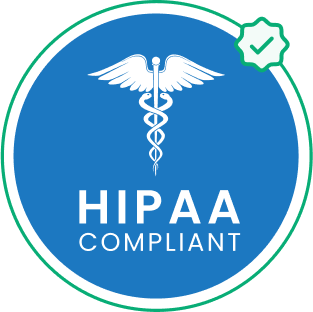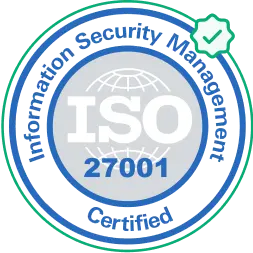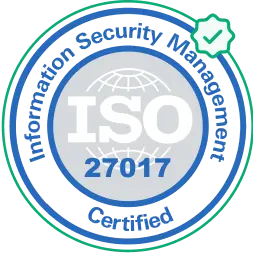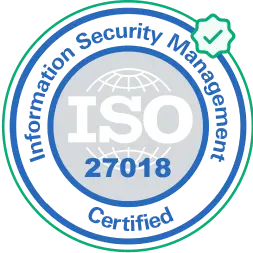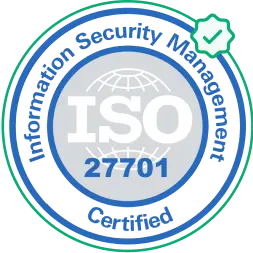What is knowledge management?
An established field since 1991, knowledge management is a well-structured process of creating, sharing, storing, and using the knowledge and experience that exists within an organization. It aims to make the best usage of this available knowledge and not lose it as time goes by.Knowledge management aims to enhance organizational efficiency by ensuring everyone has access to this shared pool of knowledge. When knowledge is not easily accessible it can lead to wastage of time and frustration among employees.Not to be confused with:
information management
Information management is the practice of collecting and organizing useful information and making it accessible to employees.
organizational learning
Organizational learning (OL) involves the creation and spread of knowledge within a team or to individuals.
Not to be confused with:
What are the four main components of knowledge management?
Knowledge reviewKnowledge review is when the organizations assess the context, authenticity, and usefulness of the knowledge that has been acquired. It helps determine how well the knowledge can be utilized in the future.Knowledge sharingThis happens when employees share knowledge through collaborative activities like seminars, webinars, discussions. Knowledge sharing ensures the acquired knowledge is disseminated into the organization and is an indispensable component of the knowledge management process.Knowledge accessKnowledge access is ensured through either pull or push mechanisms. A “knowledge push” occurs when organizations spread the knowledge through different mediums like publications and newsletters. “Knowledge pull”, on the other hand, is when employees seek out knowledge through either research or reaching out to experts.Knowledge useKnowledge use happens when organizations imbibe the acquired knowledge into their procedures and practices. The goal is to create an environment for the practical application of knowledge in different organizational contexts.

